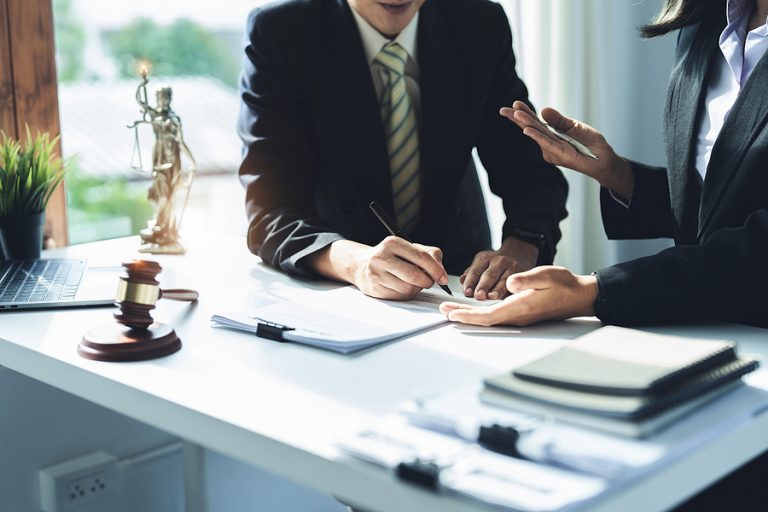How To Prepare For A Talk With A Personal Injury Lawyer
 Michael Babboni
Personal Injury
A personal injury lawyer in Florida is your advocate in navigating the complex landscape of a personal injury settlement or even a trial in court. However, to get you the results you deserve, this means that, like a general or a coach, a personal injury lawyer must have the right arsenal or strategies to achieve success.
Michael Babboni
Personal Injury
A personal injury lawyer in Florida is your advocate in navigating the complex landscape of a personal injury settlement or even a trial in court. However, to get you the results you deserve, this means that, like a general or a coach, a personal injury lawyer must have the right arsenal or strategies to achieve success.Your first meeting with a personal injury lawyer sets the tone for how your case will evolve. Here’s what you should have ready when you come in to discuss your case.
Photos Or Videos
This is your first line of defense in just about every way since this is indisputable evidence. Photographic or video footage of an accident, the injuries, or even the aftermath are all strong reinforcements supporting your claims. Documented evidence can be used as the basis of a case and submitted into evidence in the event of a trial.
Specific Injuries
The only way for a personal injury lawyer to accurately assess what compensation you are owed is to know the extent of your injuries. You need to be able to list the injuries you’ve sustained, but it is crucial that you are honest about this. Do not exaggerate the extent of your injuries to a lawyer, as this can easily undo a case if the defendants being sued can provide evidence to counter this that your lawyer is unaware of because they believed you were telling the truth.
Documentation
This is another important piece of the legal puzzle. Official documentation is another cornerstone of a solid case, so medical reports, insurance documentation such as the provider, and specific policy will all be important to a lawyer in assessing the overall state of your injuries and the case.
Lost Wages
Another important factor is your salary and the loss you took due to being unable to work due to the injury. Lost wages are a major consideration in estimating what kind of compensation you are owed. This is typically combined with the cost of medical treatment and other factors such as rehabilitation.
Information Disclosure
While you may not feel this is important, whom you have discussed an accident with and what you have told them can sometimes turn a case in favor of, or against you, depending on what was shared. For example, telling friends and family that an injury wasn’t serious to avoid causing additional concern may contradict your statement to a lawyer that the damage was very serious. In court, the opposition can use this to claim that you have lied about the severity of your injuries to falsely increase your chances of success, and your friends and family may be called upon to contradict you.
Information is important if you’ve been injured due to someone else’s negligence, whether in a vehicle or on someone’s property. The more information you can gather for yourself and bring to a personal injury lawyer, the better and more accurate a picture you paint of your case. And unlike other legal cases, personal injury lawyers work on a contingency basis, so they don’t get paid unless you win.
